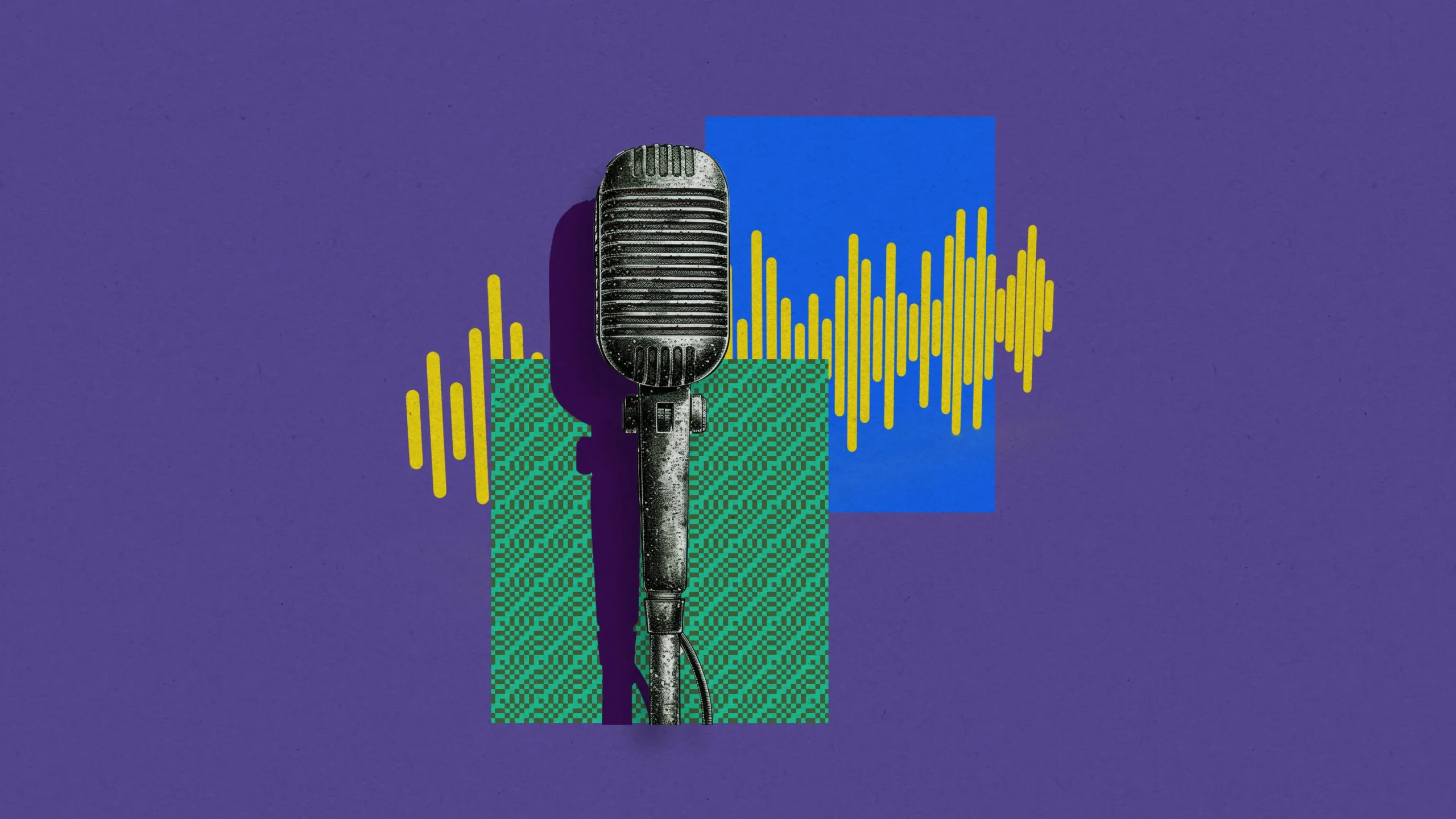
That’s the promise of NotebookLM, a Google research tool that’s been making waves for its ability to generate podcast-style conversations from text. This innovative technology uses Google’s Gemini 1.5 Pro AI model to create surprisingly realistic audio discussions, complete with distinct “hosts” who can banter, analyze, and even crack jokes. But is this just a novelty, or could AI-generated podcasts become the next big thing in audio content?
This phenomenon raises important questions about the future of podcasting, the role of AI in content creation, and even the nature of human connection. In this article, we’ll delve into the technology behind NotebookLM, explore its potential applications, and examine the implications of AI-generated audio content.
From Text to Talk: How NotebookLM Works
NotebookLM takes any uploaded document, whether it’s a research paper, a news article, or even a meeting transcript, and transforms it into an engaging audio conversation. The tool allows users to select from different “host” personalities, each with their own unique voice and style. These AI hosts can then discuss the document’s content, highlighting key points, offering analysis, and even injecting humor.
The technology behind this is Gemini 1.5 Pro, Google’s most advanced large language model (LLM). This model has been trained on a massive dataset of text and code, enabling it to understand and generate human-like language with remarkable accuracy. What sets NotebookLM apart is its ability to capture the nuances of human conversation, including the natural flow of dialogue, the subtle inflections of speech, and even the occasional interruption or witty remark.
More Than Just a Gimmick: Real-World Applications
While the idea of AI-generated podcasts might seem like a novelty, NotebookLM has the potential to revolutionize the way we consume and interact with information. Imagine:
- Students transforming dense textbooks into digestible audio lectures.
- Professionals summarizing lengthy reports or legal documents in a conversational format.
- Researchers collaborating on complex topics through AI-facilitated discussions.
- Content creators repurposing written content into engaging audio experiences.
The possibilities are vast, and early users are already experimenting with different applications. For instance, lawyers are using NotebookLM to analyze legal briefs, while scientists are turning research papers into accessible podcasts.
The Rise of AI-Generated Audio: A New Era in Content Creation
NotebookLM is just one example of the growing trend of AI-generated audio content. Other companies are also developing tools that can create realistic speech, music, and sound effects. For example:
- Meta has introduced celebrity voice chatbots that can mimic the voices of famous figures.
- OpenAI has unveiled an advanced voice mode for its language model, allowing it to generate human-like speech with various emotions and accents.
- Apple and Amazon are constantly improving the voice assistants Siri and Alexa, making them sound more natural and conversational.
This rise of AI-generated audio has significant implications for the future of content creation. Could we see a day when AI voices replace human narrators in audiobooks and documentaries? Will AI-generated music become the norm in video games and films? These are just some of the questions that we need to consider as this technology continues to evolve.
The Human Element: Can AI Truly Replace Human Connection?
While the capabilities of AI-generated audio are impressive, it’s important to remember the importance of the human element. Podcasts are often successful because of the genuine connection between the hosts and their audience. Listeners tune in not just for the information, but also for the personalities, the chemistry, and the shared experience.
Can AI truly replicate this human connection? While AI can generate realistic speech and mimic human emotions, it lacks the lived experiences, the unique perspectives, and the genuine empathy that make human interactions so compelling.
Perhaps the future of audio content lies in a hybrid approach, where AI and humans collaborate to create even more engaging and immersive experiences. Imagine a podcast where human hosts interact with AI guests, or where AI tools are used to enhance the production quality and personalize the listening experience.
Ethical Considerations: Navigating the Challenges of AI-Generated Content
The rise of AI-generated audio also raises important ethical considerations. For example:
- Transparency: How do we ensure that listeners are aware when they are listening to AI-generated content?
- Bias: How do we prevent AI models from perpetuating harmful stereotypes or biases in their generated speech?
- Ownership: Who owns the copyright to AI-generated content?
- Job displacement: Could AI-generated audio lead to job losses in the creative industries?
These are complex questions that require careful consideration and collaboration between technologists, policymakers, and content creators.
AI-generated audio is still in its early stages, but it has the potential to revolutionize the way we create, consume, and interact with audio content. As the technology continues to evolve, we can expect to see even more innovative applications emerge.
However, it’s crucial to approach this technology with a critical and thoughtful perspective. We need to consider the ethical implications, address the potential challenges, and ensure that AI is used responsibly and ethically in the creation of audio content.
Ultimately, the success of AI-generated audio will depend on its ability to enhance the human experience. If it can help us connect with information and with each other in more meaningful ways, then it has the potential to be a truly transformative force.